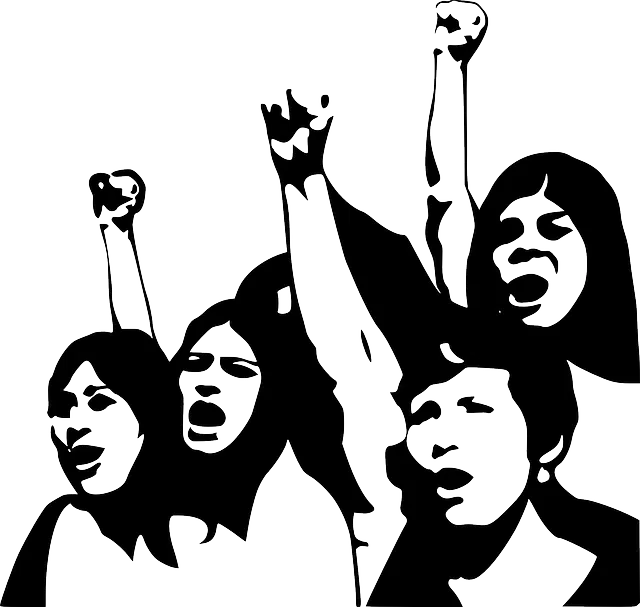
A revolution can be political, social or of another type.
The etymological origin of the term that we are now going to analyze is very clear, it is found in Latin. Even more specifically we can establish that it resides in the Latin word revolutum which can be translated as "to go around."
The revolution is a radical change or transformation with respect to the immediate past , which can occur simultaneously in different areas ( social , economic , cultural , religious , etc.). Revolutionary changes have far-reaching consequences and are usually perceived as sudden and violent, since it is a rupture of the established order . Revolutions are born as a consequence of historical processes and collective constructions.
Types of revolution
The science of history establishes three major types of revolutions: political , social and economic .
The political revolution is one where the government is replaced or even the entire political system is modified . Social relations (such as property relations), on the other hand, remain unchanged. An example of this type of revolutions were those that occurred in Europe in 1848 , when a wave of popular demonstrations became widespread and expanded with great speed.
Historical examples: Cuba and Portugal
Likewise, others of great historical significance should be added, such as, for example, the Cuban one. Around the first half of the 20th century is when it took place thanks to which it was possible not only to end the Batista dictatorship but also the rise to power of the Rebel Army represented by its leader, Fidel Castro.
In addition, there is also what is known as the Carnation Revolution. This action took place in Portugal in 1974 and managed to put an end to the longest dictatorship in Europe, the one led by Salazar in Portugal.

"Che" Guevara is a symbol of the Cuban Revolution.
social revolution
The social revolution , on the other hand, is a transformation of the set of everyday social relationships and interactions within a liberated territorial space, whether a city or a country. In this way, social revolutions do alter property relations and transcend politics, such as the French Revolution of 1789 and the Soviet Revolution of 1917 .
In the case of the French Revolution, which began with the proclamation of the Third Estate as the National Assembly and which ended with Napoleon's coup d'état in 1799, what we have to make clear is that it was produced by a large number of causes. Among them are the discontent of the popular classes, the establishment of a bourgeoisie that was gaining more and more weight and power, an economic crisis and a monarchy that was too rigid.
All of this, together with the new enlightened ideas that were gaining shape, led to the decision to carry out this revolution in France with which feudalism was abolished, power was removed from the Church, the monarchy disappeared and a system was moved towards. constitutional.
Changes in the economy
Finally, the economic revolution is the drastic change in the conditions of production, distribution and consumption of goods and services .
The term is generally applied to technological changes, such as what happened with the so-called Industrial Revolution (where a different era began thanks to the use of new techniques, energy sources, invention of machinery and new means of transportation, among other issues).
